How to Get Better Gas Mileage—and Save Money at the Pump
9 practical, economical and eco-friendly tips to improve your fuel efficiency


Every driver wants to make the most of a full tank of gas and be aware of their vehicle's average miles per gallon (mpg). Fuel efficiency not only makes your car more eco-friendly but also saves you money.
If you think your average mpg is set in stone by your car’s manufacturer or engine type, think again. You can adopt habits into your everyday driving routine to help burn fuel more efficiently and allow your car to travel farther on a single tank of gas.
Here’s how to get better gas mileage—even when your car is not in use.
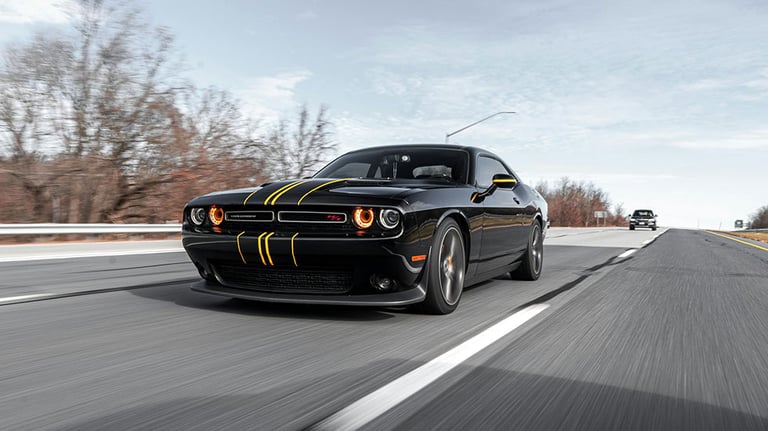
Control your speed
While speed limits exist to keep drivers safe, they also help reduce greenhouse emissions. Vehicles are most fuel-efficient when traveling between 35 and 55 miles per hour.
By cruising at a steady speed—and avoiding rapid acceleration or deceleration—you keep engine RPMs low and reduce wind resistance, both of which decrease fuel consumption and emissions. Whenever possible, drive on highways and interstates to avoid frequent stopping and to streamline your drive.
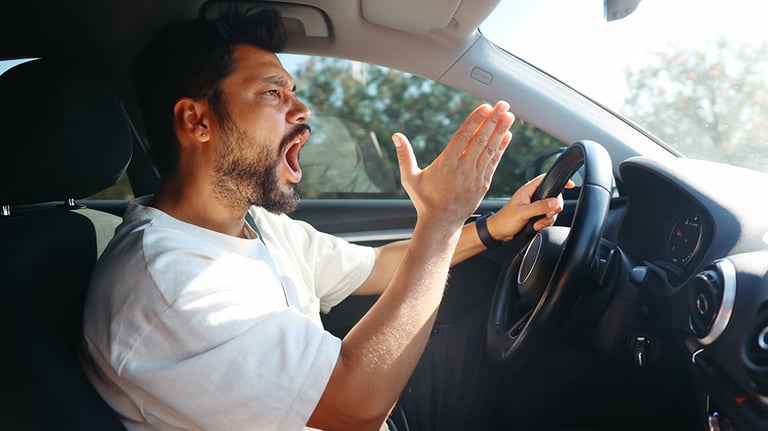
Avoid aggressive driving
Aggressive driving habits, such as sudden braking or rapid acceleration, can reduce fuel economy by 15 to 30 percent, according to the US Department of Energy. Smooth acceleration helps your vehicle use just enough fuel to reach speed, while coasting and gently applying the brakes to slow down conserve momentum, reducing the amount of gas needed to accelerate again.
Check tire pressure
Keeping your tires properly inflated is a simple way to reduce fuel consumption. Improperly inflated tires may generate more friction as they roll, forcing your engine to work harder to move your vehicle, which burns more fuel. Properly inflated tires also reduce the risk of blowout and extend the life of your tires.
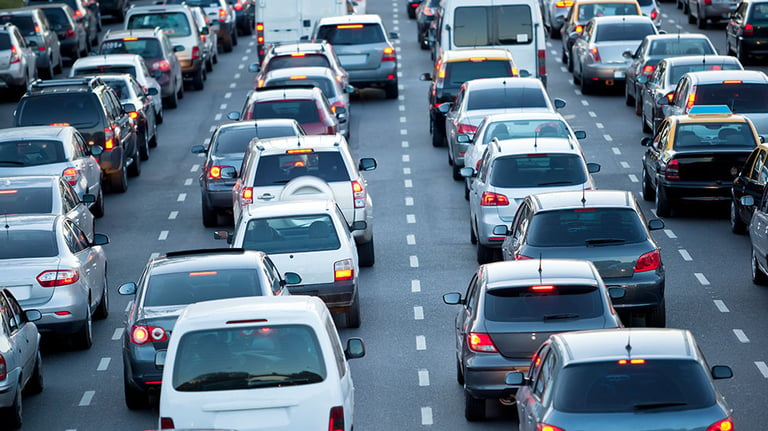
Avoid traffic
Few things are worse for your miles per gallon than sitting in stop-and-go traffic. The constant acceleration, stopping, and idling consume far more fuel than driving at a steady speed. Whenever possible, plan your routes to avoid traffic or limit trips during peak traffic hours.
Limit and combine short trips
Your engine burns fuel most efficiently once it’s had a chance to warm up and get to a normal operating temperature. When possible, combining short trips into a single longer trip is more efficient because your motor will have fewer cold starts that can burn more fuel.
Lighten your load
According to the US Department of Energy, every 110 pounds of weight added to your car increases fuel consumption by 2 percent. This is one of the reasons why many automakers now equip vehicles with a tire repair kit instead of the heavier spare tire—it helps to boost the vehicle’s mpg. Keeping your car as light as possible and free from unnecessary clutter will have a significant impact your fuel efficiency.
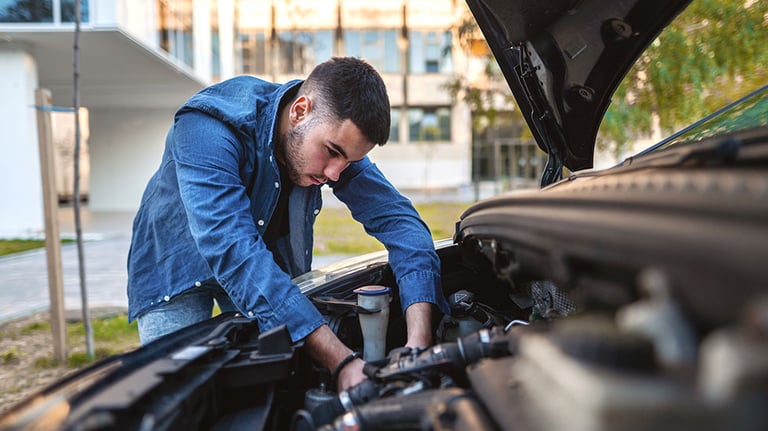
Don’t skip regular maintenance
Regular maintenance is crucial not only for preventing costly repairs but also for ensuring your vehicle runs as efficiently as possible. Friction is created by your engine, tires, wheel assembly, and other moving parts. Keeping these components well-lubricated and in good working condition reduces strain on your engine and burns less fuel.
Roll up the windows
It may seem counterintuitive, but running the air conditioner is often more fuel-efficient than driving with the windows down. At higher speeds, open windows create enough aerodynamic drag and wind resistance to reduce your mpg. If you’re driving at a speed of more than 50 mph, roll up the windows, and turn on the A/C, if necessary—it’s actually more fuel-efficient.
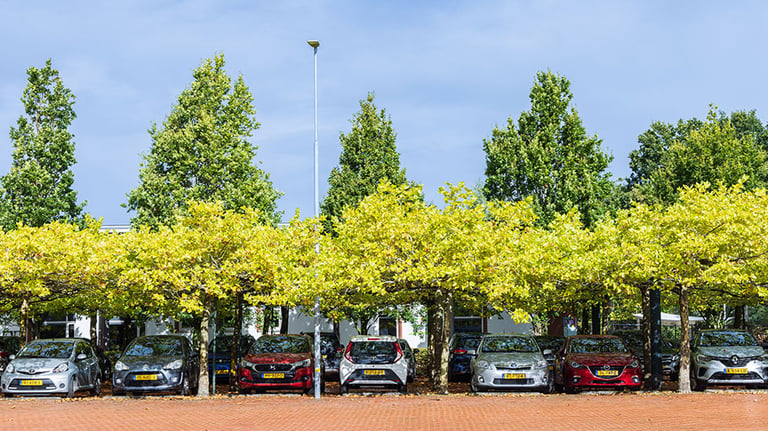
Park indoors or in shaded areas
By keeping your vehicle in the shade or parked in a garage, you can reduce fuel loss from evaporation and extend your mileage. Gasoline is volatile by nature, which helps it power your vehicle, but it also makes it highly susceptible to evaporation, especially in hot temperatures.
Ultimately, you have more control over fuel consumption than you may have realized. By steering clear of fuel-guzzling habits, you’ll learn how to get better gas mileage—while also saving money and reducing your environmental impact.
